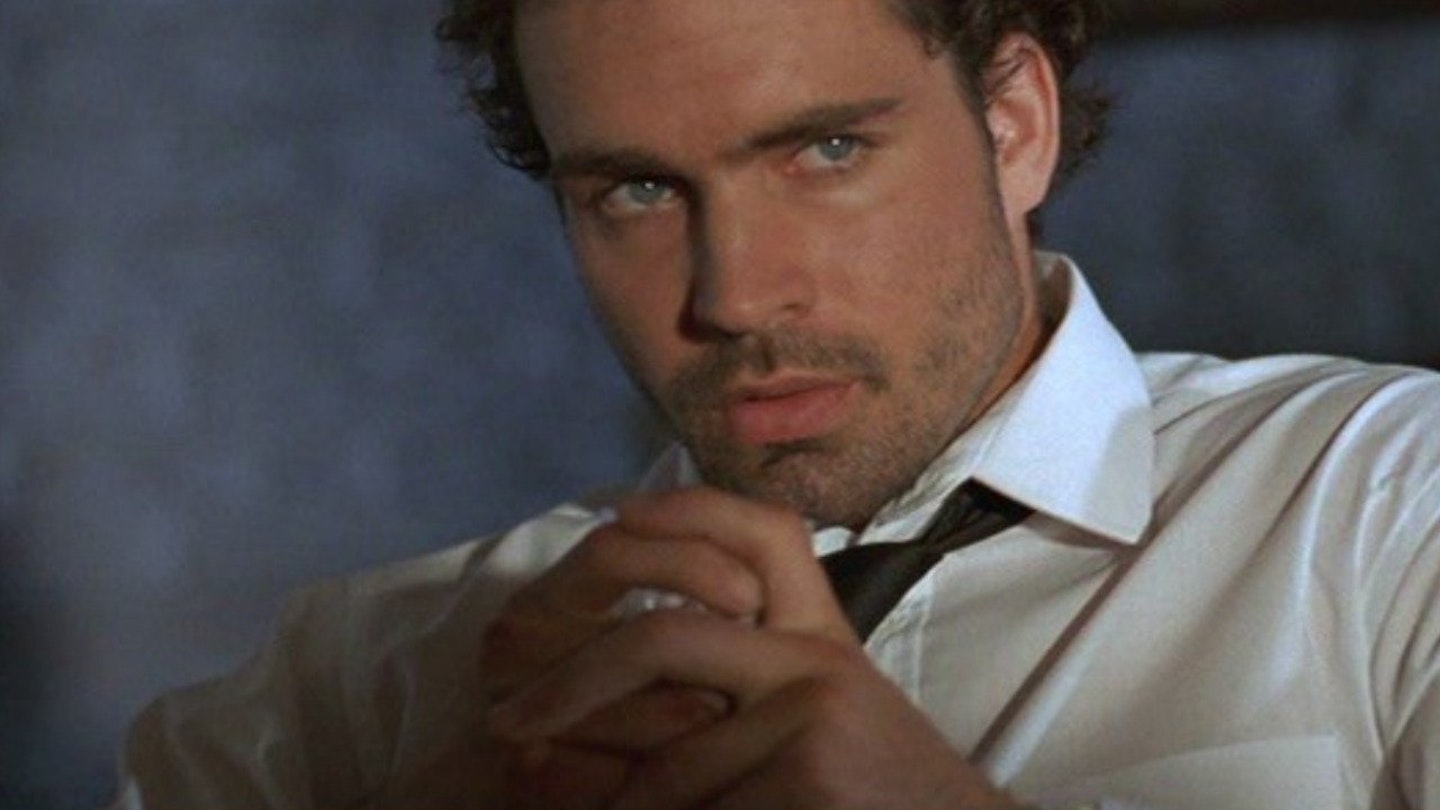A fairly underrated shimmy of modern noir, based on a 1955 novel by Jim Thompson, loaded with the required ingredients: slow, dogged misery shot in a softly beautiful twilight and interrupted by bursts of naked violence and eroticism. It’s exactly the kind of brooding formula that has remained so fashionable in filmmakers’ minds since Thompson was bottling up for his potboliers. Indeed, director Foley has been at his best when dabbling in poetic longeurs and burnt-out lives, sprinkling essence of noir over At Close Range, Glengarry Glen Ross, and Confidence.
None of those, however, were quite as cloaked in gloom and carnal edginess as this seedy thriller lost somewhere in the Dustbowl. Patric, also at his best with the time-honoured breed of deadbeat, near silent antiheroes, grants Collie a disconcerting mental instability, and we learn he has just absconded from an institute, a retired pugilist slugged-out and punch-drunk, the guilt of a dead opponent resting on his soul. Hence, empty lush Fay makes a perfectly imperfect match, and Ward, with her weird, wired sexuality, gives her a restless, doomed longing that hooks straight into Collie’s hollow heart.
It takes the arrival of Uncle Bud, a schemer and lowlife, and former cop, to install the necessary criminal element — a loose-hinged plan to kidnap the son of local dignitary that requires Collie’s brawn — and rather inevitably played by crank-for-hire Bruce Dern.
As the drama circles their inaction, this trio of excellent performances fills the screen with a form of spiritual exhaustion, and the film slumps into noir’s typically happy-clappy comeuppance of failure, betrayal and ruin. But the mood has caught on, and the film, stamped with a stunning visual emptiness, haunts the memory for long after its sour close.
